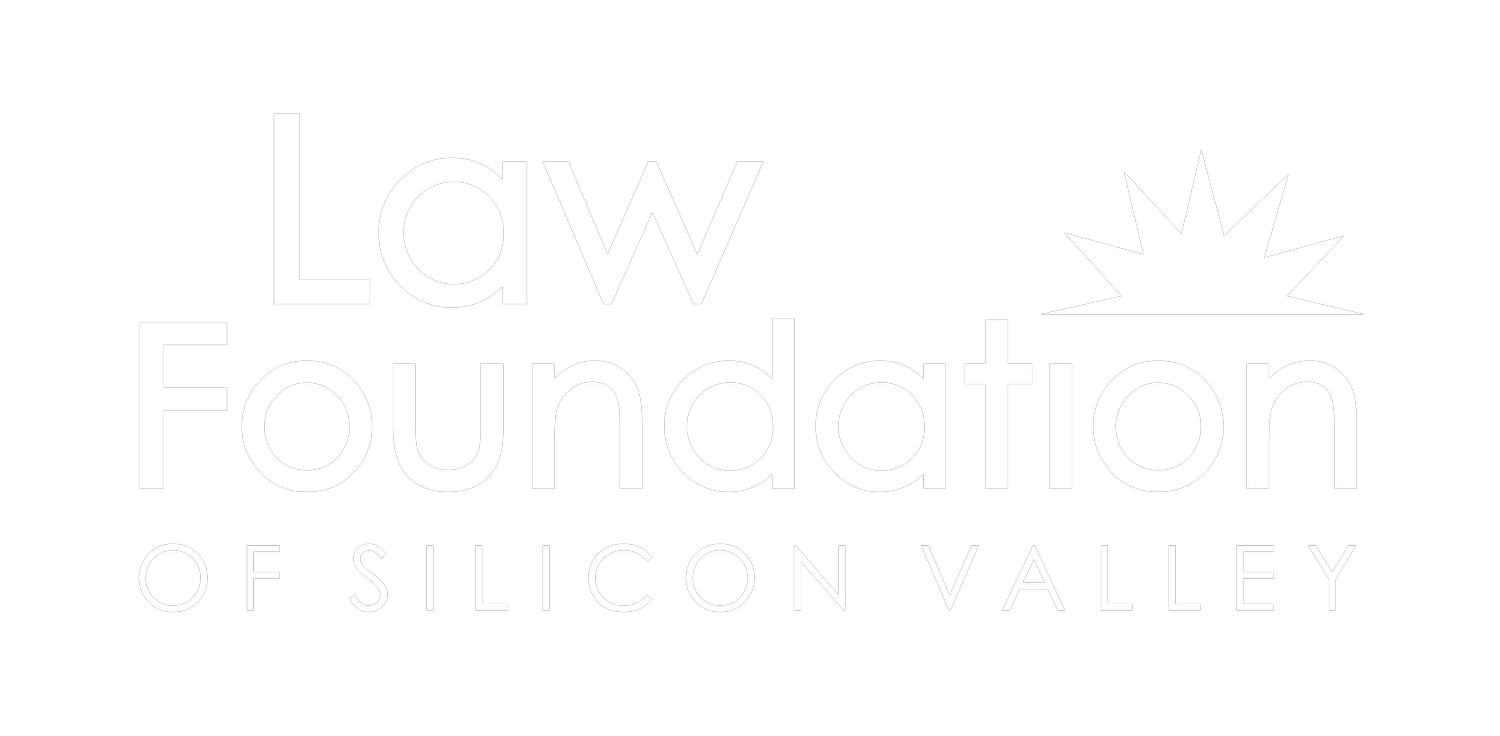On August 31, 2020, the state legislature passed AB 3088, an emergency stop-gap measure to protect tenants who have been impacted by COVID-19 from eviction. While AB 3088 offers some important immediate protection for renters who cannot pay rent due to COVID-19, we urge Governor Newsom and the state legislature to implement a long-term solution for tenants and landlords to the economic disaster created by COVID-19.
Here is what AB 3088 means for tenants in Santa Clara County:
Landlords cannot evict a tenant for not paying their rent until October 5, 2020.
For tenants impacted by COVID-19 (such as loss of job or income):
You cannot be evicted for rent that was unpaid between March 2020 to August 2020. However, any rent unpaid from March 2020 – August 2020 is converted into civil debt.
In Santa Clara County, tenants would have until February 28, 2021 to repay 50% of this debt, and until August 31, 2021 to repay all of it.
If a tenant does not make these payments in time, they could face a small claims or civil lawsuit for the unpaid debt, but still cannot be evicted for it.
Tenants must pay 25% of rent due from September 1, 2020 to January 31, 2021.
Tenants who pay the 25% rent cannot be evicted for not paying the remaining rent. A landlord could still pursue a small claims or civil lawsuit for the unpaid debt, but still cannot be evicted for it.
If they do so, the remaining 75% will become civil debt that the tenant can never be evicted for. The 25% of rent due from this period is due January 31, and tenants could be evicted on February 1, 2021 for failing to pay it.
Tenants must prove that they have been impacted by COVID-19 by returning a self-declaration signed under penalty of perjury to the landlord after receiving a notice to quit for nonpayment of rent. Tenants making more than 130% of the area median income may need to supply additional documentation.
Tenants have 15 days (instead of 3 days) to respond to notices for non-payment of rent.
Landlords must include a form with eviction notices for nonpayment of rent the tenant can return to self-certify that they have been impacted by COVID-19
The definition of COVID-19 impact includes:
loss of income,
increased out-of-pocket expenses from COVID-19 health impacts, OR
from performing essential work during pandemic, childcare or care for an elderly or disabled family member, and
other COVID-19-related circumstances that reduced a tenant’s income or increased their expenses.
Tenants in Santa Clara County are still protected against evictions that are not that tenant’s fault.
In Santa Clara County, COVID-19-impacted tenants are protected against evictions that are not the tenant’s fault, which include evictions for reasons like remodeling, the owner wanting to move in, or taking the unit off the rental market. This protection will last until September 30 and may be extended up to November 30 if Governor Newsom extends his executive order on evictions. AB 3088 does not include these protections.
Commercial tenants’ RIGHTS
Commercial tenants who rent business in Santa Clara County who have been impacted by COVID-19 are still protected against evictions for nonpayment of rent and any no-fault cause under the County’s commercial eviction moratorium. Currently, this protection will last until September 30.
In the midst of an unprecedented pandemic, no tenant should have to live in fear of losing their home to circumstances completely outside of their control. We all need to play our part to prevent the spread of COVID-19 and it is critical that Governor Newsom and the state legislature do their part by enacting broadly-accessible, meaningful protections for tenants and small landlords that will ensure our communities remain healthy, intact, and ready to return to work when health conditions allow.

